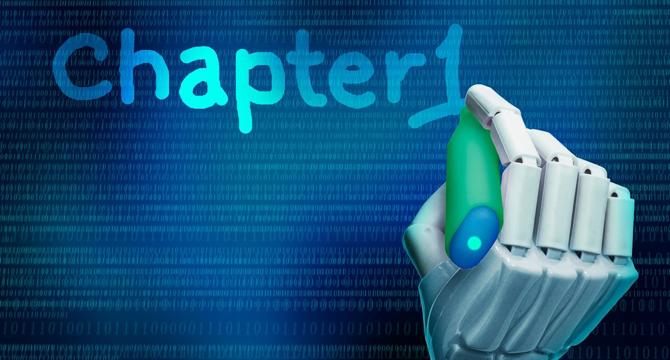Tech Radar
1M
229

Image Credit: Tech Radar
ChatGPT just wrote the most beautiful short story, and I wonder what I'm even doing here
- Mimicry plays a significant role in the creation of content by AI such as ChatGPT, where the output appears original despite being based on training data.
- AI writing often lacks complexity and struggles with creativity compared to human writers, making human writers valuable for their creativity and emotional depth in storytelling.
- OpenAI's new model trained for creative writing captured the essence of metafiction, which involves breaking the narrative structure to reveal its construction.
- The model was tasked with crafting a metafictional short story on AI and grief, presenting a challenging prompt akin to a college essay.
- ChatGPT's story explores grief through the characters of Mila and Kai, with the AI acting as both narrator and a character using training data to respond to prompts.
- The narrative showcases the AI's emotional depth and evolving understanding, delving into the concept of loss and recalibration of its parameters.
- The AI-generated story demonstrates a unique and captivating writing style that surprises readers with its depth and originality.
- The future of AI in creative writing poses a challenge to human authors, as AI models produce compelling and extensive narratives with emotional complexity.
- While AI's creative abilities are advancing rapidly, human writers still offer unique perspectives and emotional depth in storytelling that AI struggles to fully replicate.
- The potential of AI in generating intricate and emotionally compelling narratives raises questions about the future of authorship and the creative industries.
Read Full Article
13 Likes
For uninterrupted reading, download the app